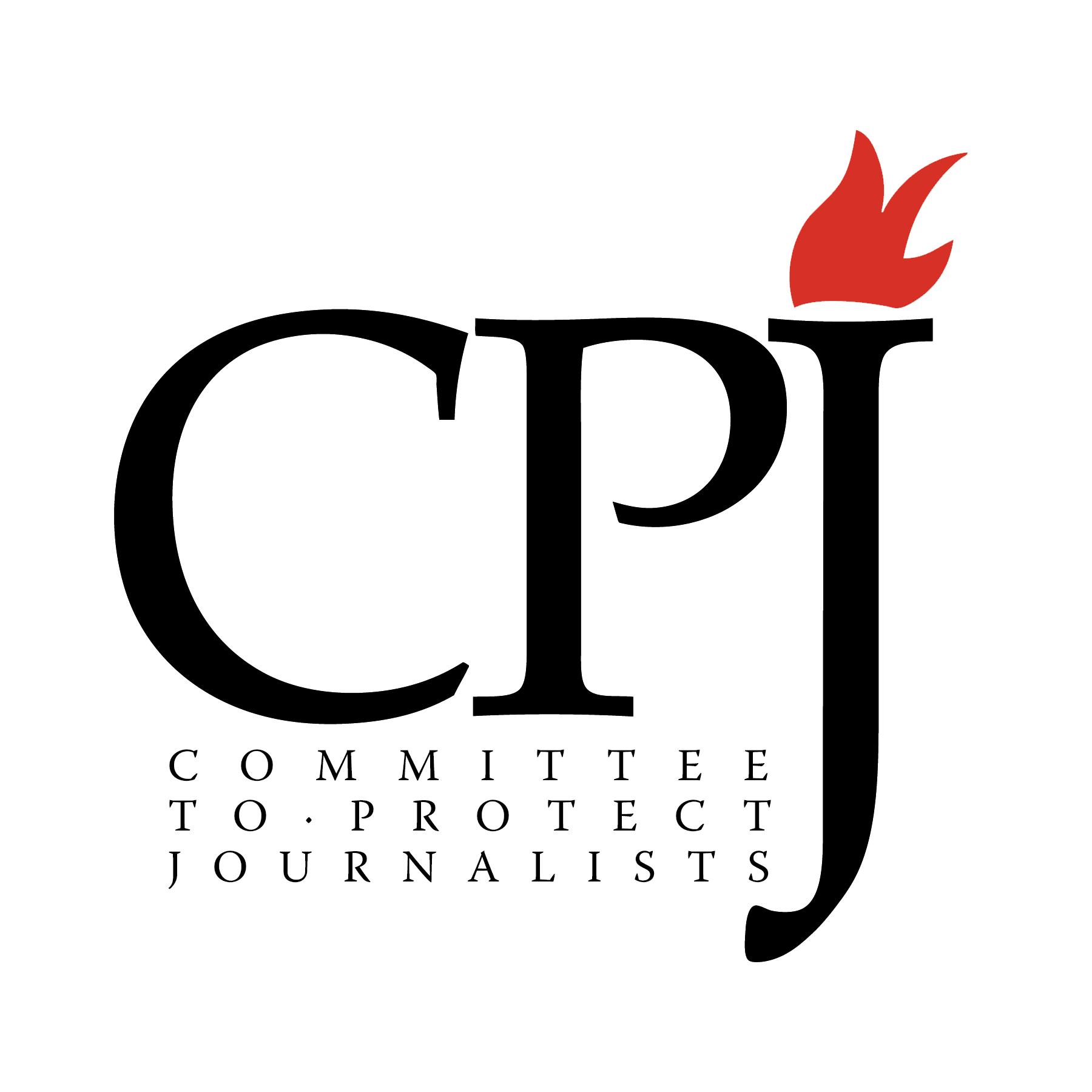ON THE last two days of the Rae Bareli campaign, Priyanka Gandhi Vadra’s arrival is a much awaited event in Unchahar, a rural Assembly seat in Sonia Gandhi’s constituency. A patient bunch waits by a tea stall at Sahebganj, where the roadshow will begin. They are discussing the grand rallies addressed by Sonia Gandhi, Rajnath Singh, and Akhilesh Yadav. All the VIPs were here to woo the most high-profile constituency in the country.
On 16 February Congress General Secretary Rahul Gandhi addressed a rally in Rae Bareli. Around 5,000 people gathered in the dusty field of Unchahar assembly seat to hear the son of their MP speak. At the same time, his sister Priyanka Gandhi Vadra held a series of public meetings and roadshows in Rae Bareli city. Dozens waited along side the road to greet her. Contrast this to the rally organised by sitting MLA and Peace Party candidate Akhilesh Singh. Over 10,000 people from the city alone had gathered to listen to this former Congressman and four-time MLA who went on ranting and abusing the Nehru-Gandhi family.
On 9 February 2012, a day before second phase elections in Uttar Pradesh, Union Law Minister and a senior Congress leader from Uttar Pradesh (UP) Salman Khurshid made a claim in Muslim-majority Azamgarh that shocked his fellow Congressmen in Delhi. He said national party president Sonia Gandhi had wept when he showed her photographs of the victims of Batla House encounter. In September 2008, Batla House encounter took place in the neighbourhood of Delhi’s Jamia Millia Islamia where two alleged terrorists from Azamgarh were killed. One of them was a student of Jamia. Repeated requests by civil society groups, university teachers as well as senior Congress leaders like Digvijaya Singh and Khurshid for an investigation was turned down by Congress party’s own Union Home Minister P Chidambaram. The party simply refused to take a clear position even as its own government calls it a genuine encounter.
Pakistan Kashmir Affairs minister Manzoor Ahmad Wattoo tells Kunal Majumder that only talks can resolve the vexed issue: “In the Shimla agreement, both countries had decided that the Kashmir issue will be resolved through dialogue, not through any form of aggression. Pakistan has always maintained that the issue can be resolved when the Indian, Pakistani and Kashmiri leadership sit together and talk. Gilani’s statement should be welcomed. During their meetings, both the prime ministers have agreed on the need to continue talking. The ongoing composite dialogues are the result. Manmohan Singh has himself accepted that Kashmir will be a part of these composite dialogues. This is a victory for both sides and shows their seriousness in resolving the Kashmir issue as well as others.”
IN DELHI to participate in the Sustainable Development Summit, Carl Pope, a veteran environmentalist and chairman of Sierra Club, one of the world’s oldest environmental conservation organisations, tells Kunal Majumder why coal is no longer a viable option to meet India’s growing energy needs.





